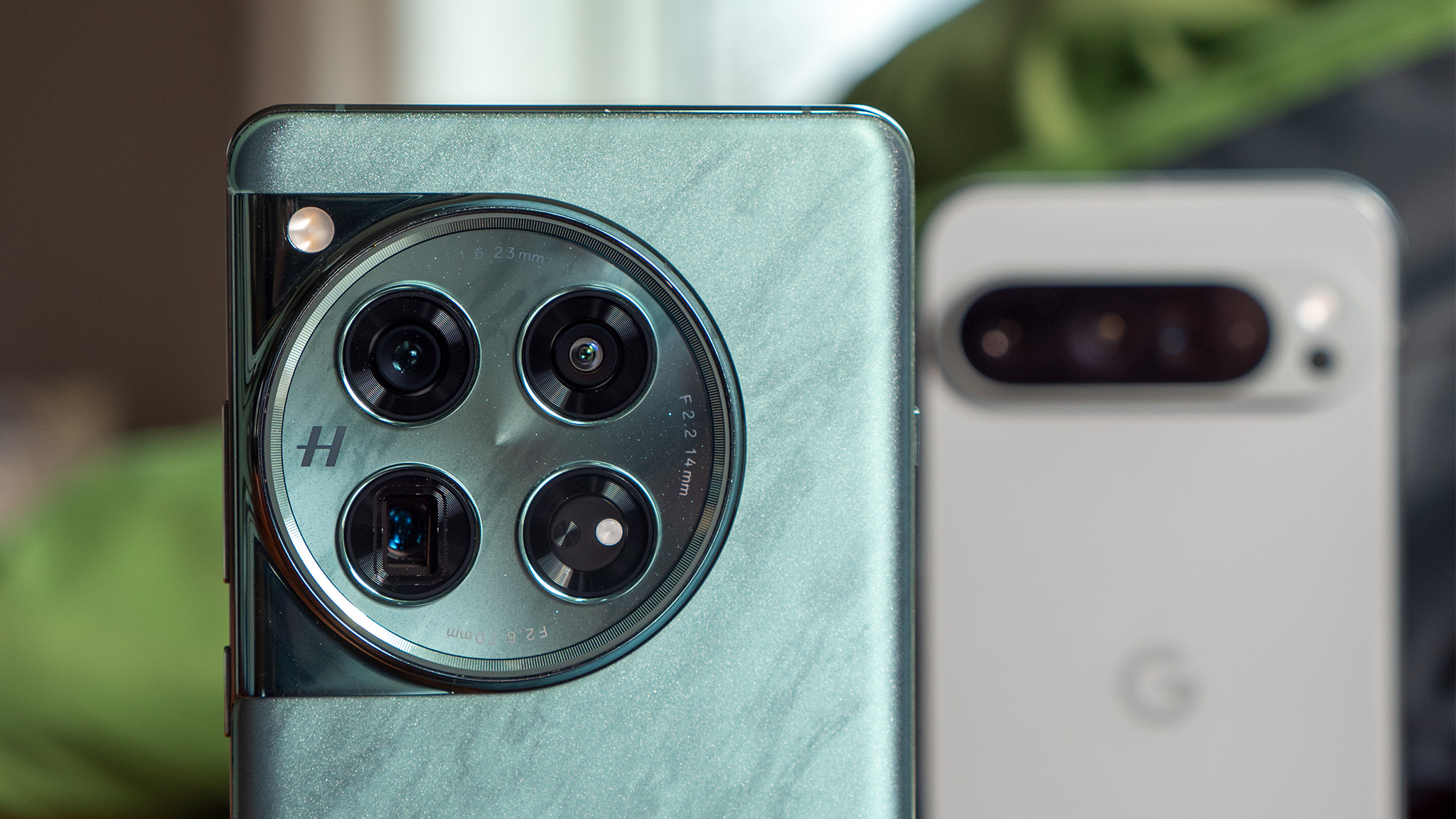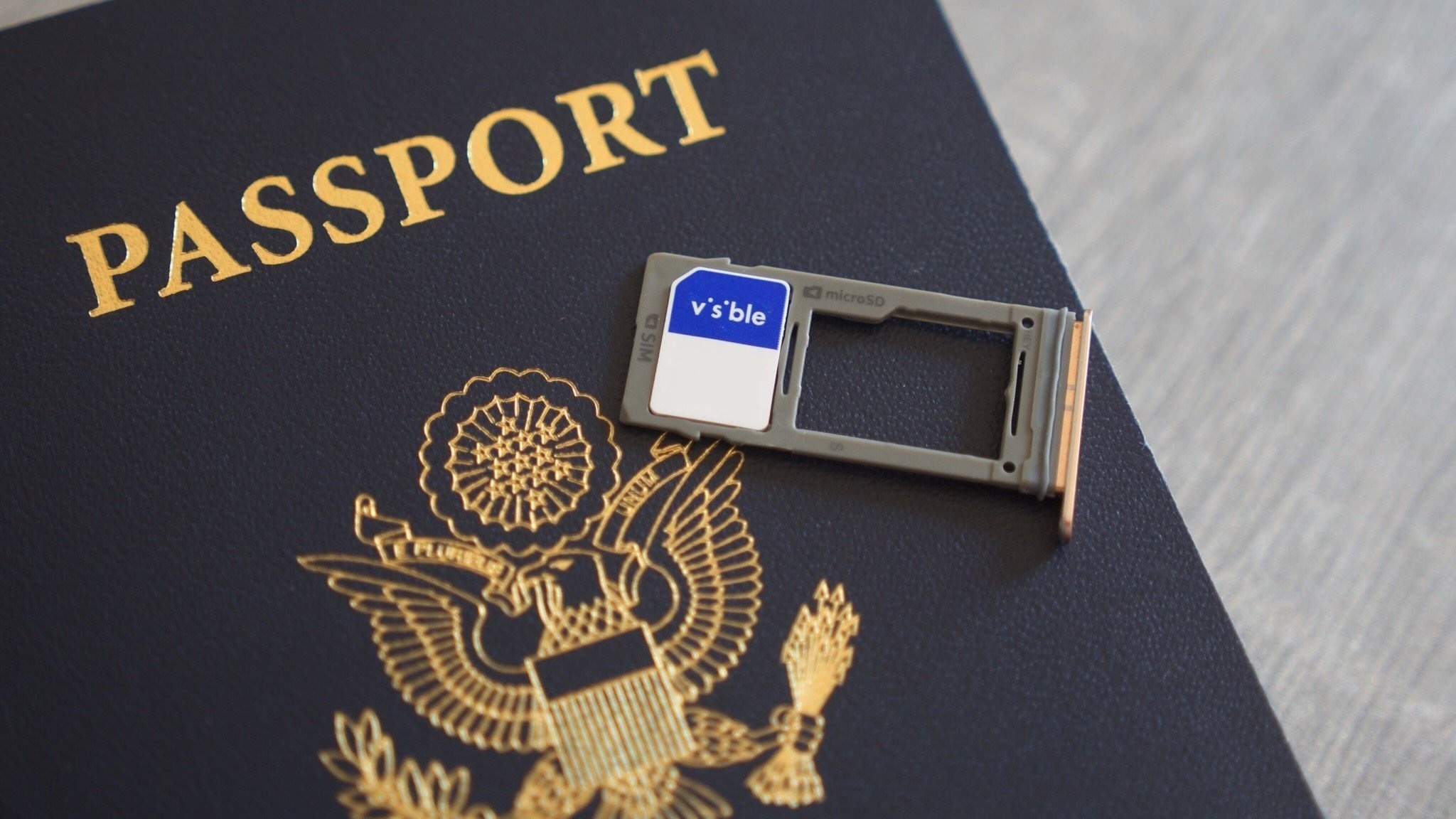Ask Jerry: What's an 'international phone' and do I need one?
Let's talk about tech.

Welcome to Ask Jerry, where we talk about any and all the questions you might have about the smart things in your life. I'm Jerry, and I have spent the better part of my life working with tech. I have a background in engineering and R&D and have been covering Android and Google for the past 15 years.

Ask Jerry is a column where we answer your burning Android/tech questions with the help of long-time Android Central editor Jerry Hildenbrand.
I'm also really good at researching data about everything — that's a big part of our job here at Android Central — and I love to help people (another big part of our job!). If you have questions about your tech, I'd love to talk about them.
Email me at askjerryac@gmail.com, and I'll try to get things sorted out. You can remain anonymous if you like, and we promise we're not sharing anything we don't cover here.
I look forward to hearing from you!
Are International phones still a thing we need?

Phil writes:
Would you explain what an international version phone is and what some of the benefits and main consequences may be if purchased? Or is it simply a pass?
Thanks in advance,
Be an expert in 5 minutes
Get the latest news from Android Central, your trusted companion in the world of Android
Phil
Hi Phil. This is a great question on two fronts, and I'm really glad you asked. It gives a chance for some useful information to be written, and it reminds people like me that not everyone is techy enough to know what all this stuff means.
For people who just want the answer, an international phone is one designed to work in most countries around the globe. That used to be a bigger deal when phone carriers like Verizon and the now-defunct Sprint had non-compatible networks and charged extra for special phones that worked on them, but nowadays, it matters less.
Read on for more details.
An "International phone" can mean different things
If you were to ask me in a casual conversation, I'd give the answer above, but you might see other ways the words international phone are used, depending on where you look.
An international phone can be one designed for use in many countries around the globe. It can also mean an unlocked phone so you can put a different SIM card in it that is local for other countries. It can even mean a phone sold with a service plan that allows for sending and receiving calls across international borders. The last meaning is most popular for prepaid phones.
The phone's ability to make calls and use data depends on the modem inside it. Every carrier uses specific frequencies and tech to handle calls and data, and any equipment, like a phone, designed to be used with a carrier has to support those, or it's not going to work very well or at all.

Most phones sold today can handle enough different radio bands to cover plenty of those frequencies and will work on many networks around the world. It didn't used to be that way, and even today, not all phones will work in all places.
This mattered a lot just a few years ago. If you bought a phone from a carrier in the U.S. it probably wasn't going to work in Germany or Nigeria, for example. That's because the tech inside the phone's chip wasn't as advanced and couldn't handle that many different bands or because a carrier wanted to ensure you were locked in with a phone that only worked with them. Samsung's Galaxy models were notorious for this, with capable hardware deactivated at the behest of a phone carrier.
It's less of a thing today, thankfully. Chances are, any unlocked phone (one not tied to a specific carrier) is going to work in most places. Some countries like the U.S. and China still use specialized network tech, but unlocked phones can still use a portion of the network.
Drawbacks

There is one big drawback you need to consider. It has nothing to do with how the phone operates, though.
Depending on where you buy it, an unlocked international version of a phone won't come with any sort of warranty. Someone once asked me about this, and my response was, "Can you fix it yourself if it breaks?" If the answer is no, I'd suggest not buying it. Phones are mass-produced by the millions, and there will be lemons. If you end up with one and don't have any sort of warranty, you're stuck.
Other than that, it's mostly the same phone as the model made specifically for your region. Most people want one because the phone is usually SIM unlocked and can be bootloader unlocked so that custom firmware can be loaded onto it.
In essence, an unlocked phone is a device capable of being used in different countries and isn't hard to find if you want one.
You probably don't need one because your phone will work. All you need to do is ask your phone carrier to be sure. If you do buy one, remember you probably don't have any sort of warranty to fall back on if things go sour.

Jerry is an amateur woodworker and struggling shade tree mechanic. There's nothing he can't take apart, but many things he can't reassemble. You'll find him writing and speaking his loud opinion on Android Central and occasionally on Threads.
You must confirm your public display name before commenting
Please logout and then login again, you will then be prompted to enter your display name.
